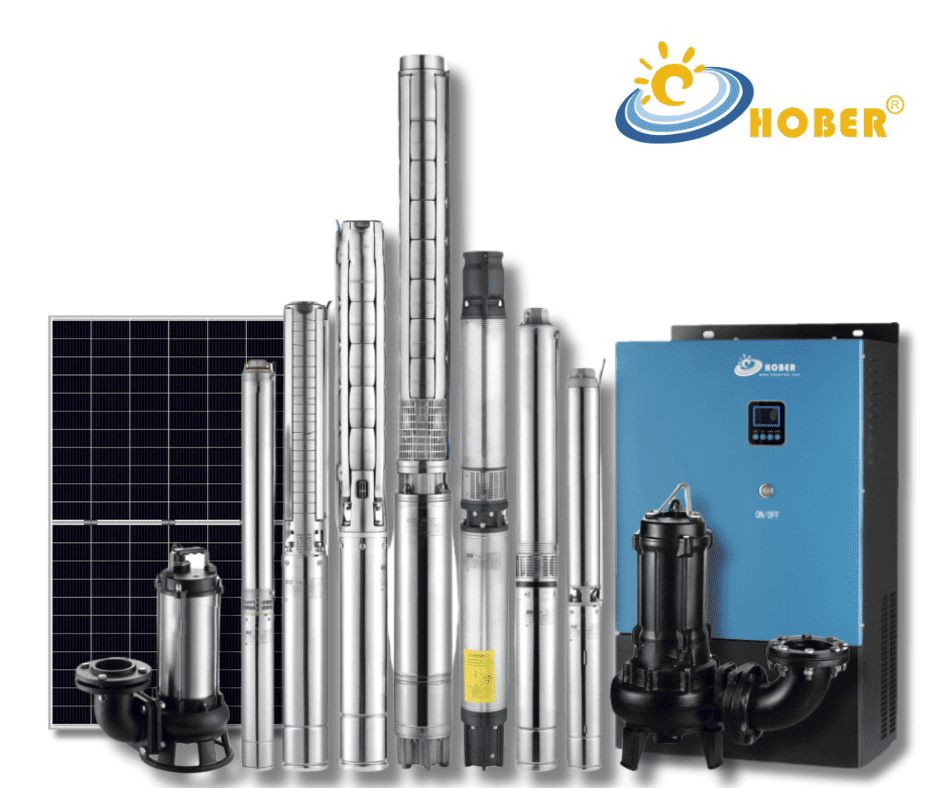The solar industry is rapidly evolving, and solar pump inverters are at the forefront of this technological revolution. These inverters are crucial for efficient and sustainable water management, offering a range of benefits for solar installers and distributors. This article explores the comprehensive advantages of solar pump inverters, demonstrating why they are an essential component in modern solar installations.
What Sets Solar Pump Inverters Apart in Solar Energy Utilization?
Solar pump inverters stand out for their ease of installation and universal compatibility. The plug-and-play feature simplifies the installation process, eliminating the need for intricate programming. This makes it easier for professionals to install these systems quickly and efficiently. Moreover, their ability to work with various types of pumps offers flexibility in different installation scenarios, making them a versatile choice for any solar energy project.
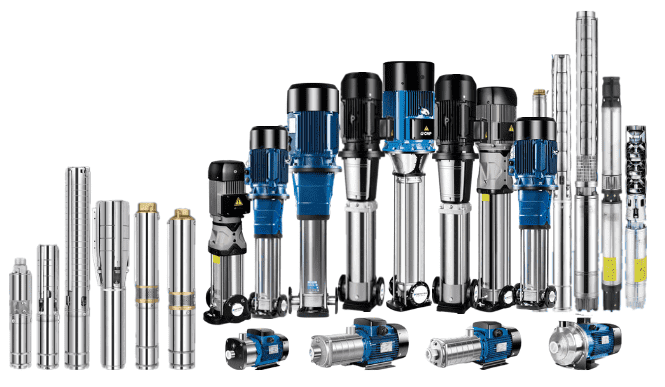
How Does Hybrid Functionality Benefit Solar Pump Inverters?
Hybrid functionality is a key feature of solar pump inverters. This design allows the inverters to blend solar power with grid electricity or generator support, ensuring continuous operation in areas with variable power availability. This adaptability is especially beneficial for distributors in regions where power supply can be unpredictable, providing a reliable solution for maintaining consistent energy supply.
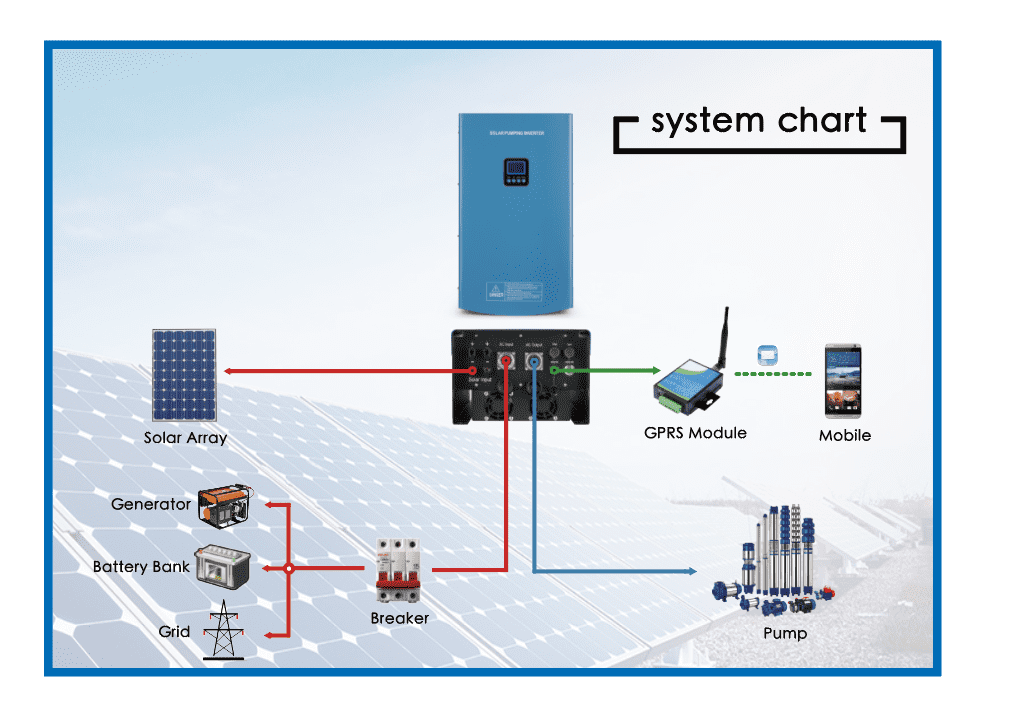
Why Are Solar Pump Inverters a Superior Investment Compared to Diesel Systems?
When considering the return on investment (ROI), solar pump inverters have a considerable advantage over diesel-powered systems. They offer significant cost savings and environmental benefits, aligning with the growing trend of eco-friendly solutions in the market. By choosing solar pump inverters, installers and distributors can expect not only financial benefits but also contribute to a greener future.

How Do Advanced Protection Features in Inverters Enhance System Longevity?
Solar pump inverters come equipped with advanced protection technologies like dry-run prevention. These features protect the system from operational risks such as running without water, thereby reducing maintenance costs and prolonging system life. This ensures that the inverters remain reliable and efficient over a long period, offering peace of mind to both installers and end-users.

What Impact Does the IP65 Rating Have on Inverter Durability?
The IP65 water and dust resistance rating of solar pump inverters is crucial for outdoor durability. This rating ensures that the inverters can withstand harsh environmental conditions, enhancing their reliability and lifespan. It’s an important factor for installers and distributors to consider, as it guarantees that the inverters can operate effectively in various climatic conditions.

How Does Remote Monitoring and Control Simplify Inverter Management?
Remote monitoring and control through integrated 4G/WIFI modules are essential features of modern solar pump inverters. This functionality allows for easy management of the system from a distance, reducing the need for frequent site visits and maintenance. It’s particularly useful in remote or inaccessible areas, ensuring that the system operates at its peak without requiring constant physical oversight.

Does the Compact Design of Inverters Reduce Shipping Costs?
The compact and lightweight design of solar pump inverters is a significant advantage for distributors. It not only simplifies installation but also reduces shipping and logistics costs. This is particularly beneficial for international trade, where transportation efficiency and cost-effectiveness are key considerations.
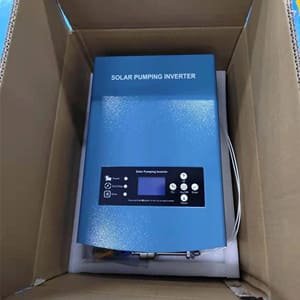
How Does Triple-Channel Ventilation Improve Inverter Performance?
The triple-channel ventilation system in our solar pump inverters is a cornerstone of their design, significantly enhancing their performance and reliability. At the core of this system is the inverter’s aluminum casing, which is inherently beneficial for heat dissipation. Aluminum, known for its excellent thermal conductivity, efficiently disperses heat away from critical components, maintaining optimal operating temperatures.
In addition to the aluminum casing, the inverters are equipped with heat sinks and cooling fans. The heat sinks play a vital role in absorbing and dispersing heat, further aiding in temperature regulation. The cooling fans are designed to activate automatically when temperatures exceed a certain threshold. This intelligent feature ensures that the inverter maintains its efficiency and performance, even in high-temperature environments.
This advanced cooling mechanism is essential for maintaining the longevity and efficiency of the inverters. By effectively managing heat, the triple-channel ventilation system prevents overheating, a common issue that can lead to decreased performance and lifespan of electronic components. This design consideration is especially crucial in solar pump inverters, which often operate in warm, sun-exposed environments.
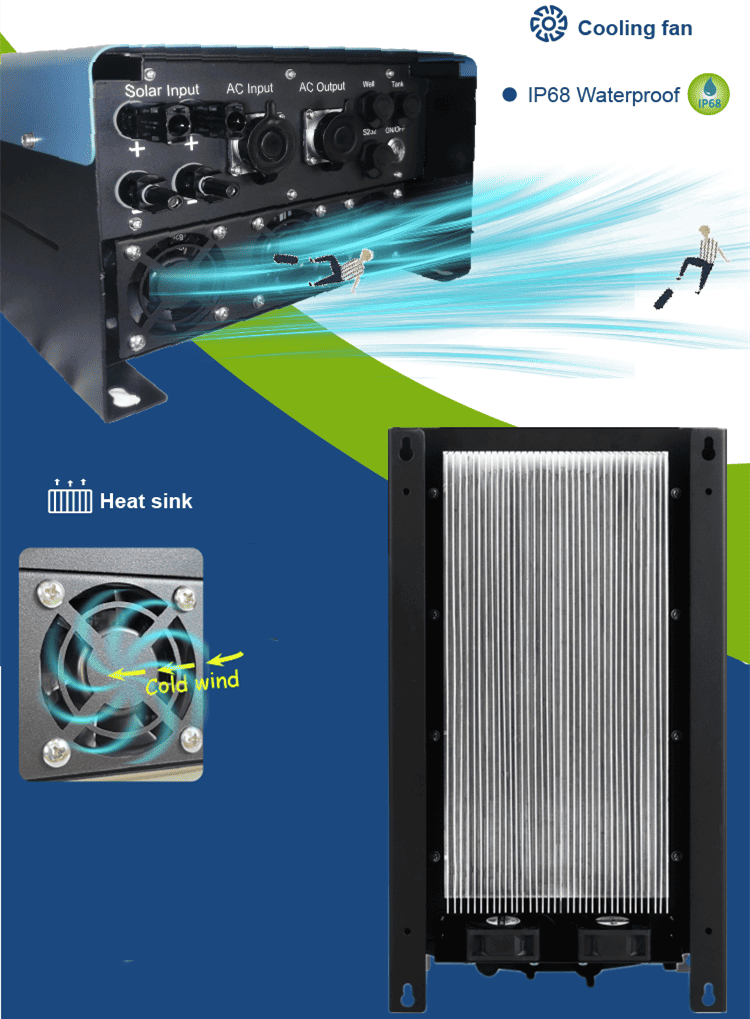
Are the User-Friendly LCD Interface and Self-Diagnostic System Beneficial?
The user-friendly LCD interface and self-diagnostic system of our solar pump inverters offer significant benefits for both installers and distributors. The LCD interface provides an intuitive and accessible way for users to interact with the inverter, simplifying the monitoring, configuration, and troubleshooting processes. This ease of use is a time-saver during installation and routine checks, enhancing the overall efficiency of solar installations.
Moreover, the self-diagnostic system plays a pivotal role in reducing after-sales service time and costs. By continually monitoring the inverter’s performance and automatically diagnosing potential issues, this system minimizes the likelihood of unforeseen malfunctions. This proactive approach to maintenance not only saves time and resources for installers and distributors but also ensures that end-users experience fewer disruptions in their solar power supply.
These features contribute to a worry-free experience for solar professionals. By reducing the time and effort required for maintenance and troubleshooting, installers and distributors can focus more on expanding their customer base and less on after-sales support. The reliability and ease of use provided by the LCD interface and self-diagnostic system also enhance customer satisfaction, leading to repeat business and positive referrals in the competitive solar market.
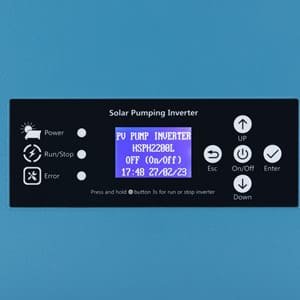
How Do Certifications Validate the Quality of Solar Pump Inverters?
Certifications like IEC and ISO 9001 are critical in establishing the quality and performance of solar pump inverters. These certifications assure that the inverters meet international standards, reinforcing their reliability and helping distributors and installers strengthen their market reputation.
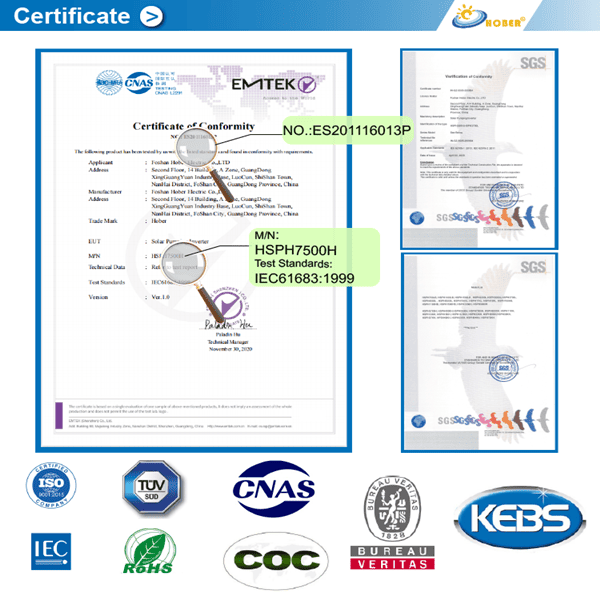
Conclusion
In summary, solar pump inverters present a host of benefits that make them an invaluable addition to any solar energy setup. From their ease of installation and eco-friendly operation to their advanced protective features and reliable performance, these inverters are a smart investment for solar installers and distributors looking to provide high-quality, sustainable solutions in the solar energy market.
[END]

